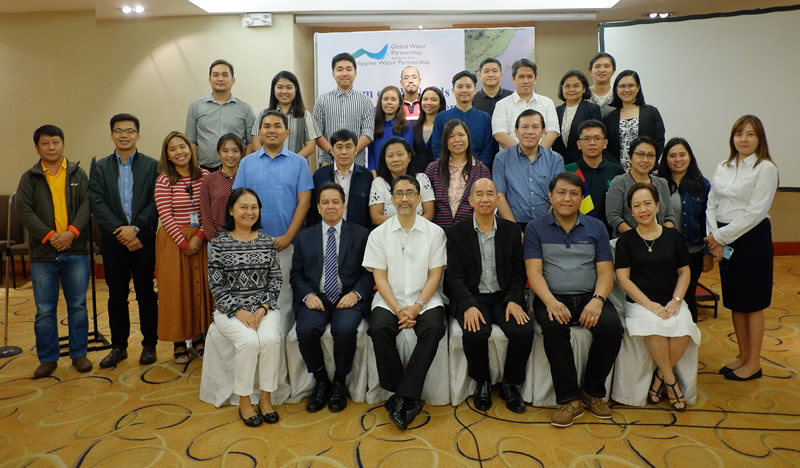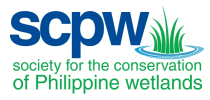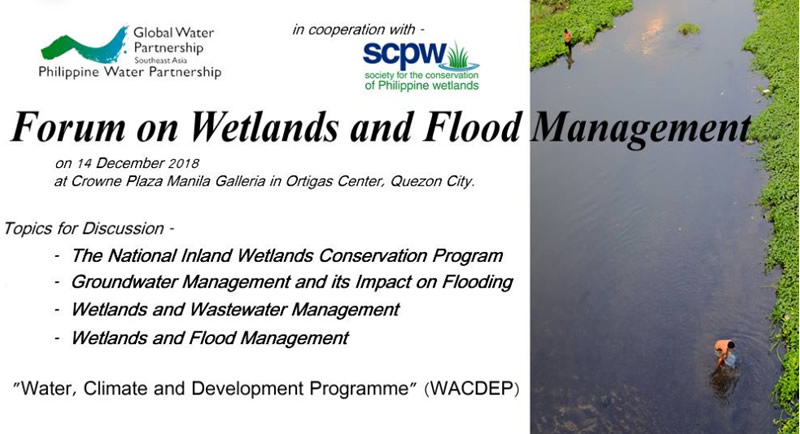
The nexus of floodplain management, flood hazard mitigation, and wetland management provides an opportunity for efficient and integrated approaches toward environmental conservation and protection of wetlands and the sound development of human settlements in areas at risk to flood hazards. Floods are the most common and widespread of hazards experienced in the country and most communities have experienced some kind of flooding.
Many communities are situated along or nearby wetlands – coasts, rivers, and lakes; where development planning for these settlements may or may not make full use of these wetland habitats. Wetlands in general contribute to mitigating risks from extreme weather events and other climate change phenomena by storing and conveying flood water; attenuating coastal storm surges, waves, and tsunamis; and reduction of erosion and sedimentation. Specifically, healthy coastal wetlands reduce storm damage through wave attenuation and soil retention. While, inland wetlands – especially floodplains – provide storm water retention (Kusler, 2009).
Wetlands are also affected by natural and human-induced hazards – these include general damage, sediment deposition, erosion, and uncontrolled run-off, among others. When wetlands are not integrated or are misused the loss of these ecosystem services can cause a great deal to the rest of the natural and built ecosystem (EPA, 2016). Despite the growing focus of disaster risk reduction and management and climate change projects in wetlands areas, rarely do hazard mitigation and habitat conservation collaborate among government and private institutions.
Critical community resources such as the quality and quantity of water are reliant on the sound integration of wetlands into development planning and flood management (ASFM, 2004). Specific pathways for collaboration in green infrastructure and floodplain zoning, as a sustainable approach to natural landscape preservation, water resources, and storm water management, need to be identified among the government and private sectors to make an impact towards climate resilient mitigation activities in the flooding hotspots in the country (FEMA, 2016; Wetlands Watch, 2018).
Despite the growing focus of disaster risk reduction and management and climate change projects in wetlands areas, rarely do hazard mitigation and habitat conservation collaborate among government and private institutions. Critical community resources such as the quality and quantity of water are reliant on the sound integration of wetlands into development planning and flood management (ASFM, 2004). Specific pathways for collaboration in green infrastructure and floodplain zoning, as a sustainable approach to natural landscape preservation, water resources, and storm water management, need to be identified among the government and private sectors to make an impact towards climate resilient mitigation activities in the flooding hotspots in the country (FEMA, 2016; Wetlands Watch, 2018).
Forum on Wetlands and Flood Management
The Forum tackled topics that will help identify opportunities for emergency, floodplain, and wetland management agencies and partners to work together to maximize flood control and ecosystem service benefits of Philippine wetlands, thereby saving financial and environmental resources and building the resilience of Philippine communities to climate change.
Objectives:
The main objective of the Forum was to set the stage for a more in-depth discussion on wetlands and flood management. Specifically, it aimed to:
- Highlight the role of wetlands in flood and storm water management
- Present the nexus between flood management, flood plain management and zoning, and climate resilient infrastructure
- Provide a forum for discovering opportunities to work towards wetlands and green infrastructure to manage flood hazard.
- Enhance networking of professionals, academics, and wetland advocates for the wise-use and conservation of Philippine wetlands
The event was opened by messages from Atty. Nathaniel C. Santos, Chairman of Philippine Water Partnership; Dr. Sevillo D. David, Jr., Director of the National Water Resources Board; and Arch. Celestino B. Ulep, President of Society for the Conservation of Philippine Wetlands, Inc;
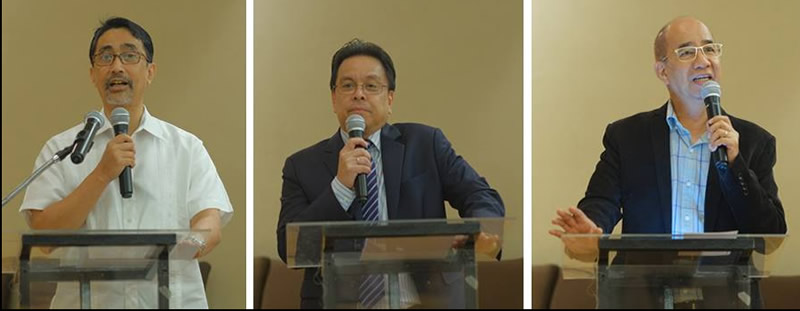
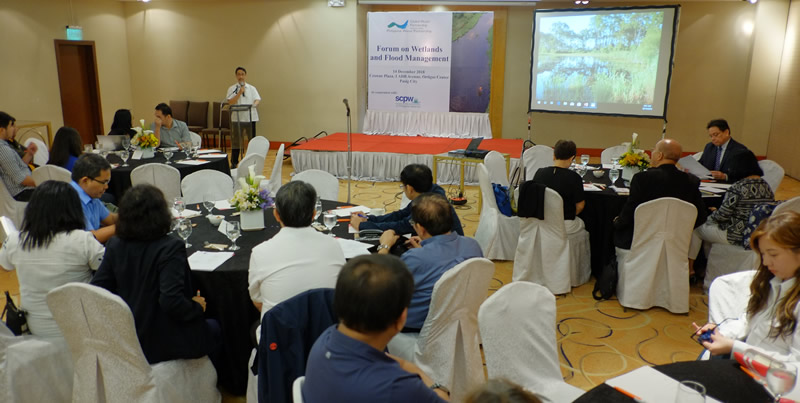
Forum topics discussed were:
- National Inland Waters Conservation Program
by Ms. Zoisane Geam G. Lumbres of Biodiversity Management Bureau of Department of Environment and Natural Resources - Wetlands and Wastewater Management
by Dr. Ma. Catriona E. Devanadera of University of the Philippines – Los Baños - Groundwater Management and Its Impact on Flooding
by Engr. Ma. Erlinda Pajarito of National Water Resources Board - Wetlands and Flood Management
by Dr. Enrico C. Paringit of University of the Philippines – College of Engineering
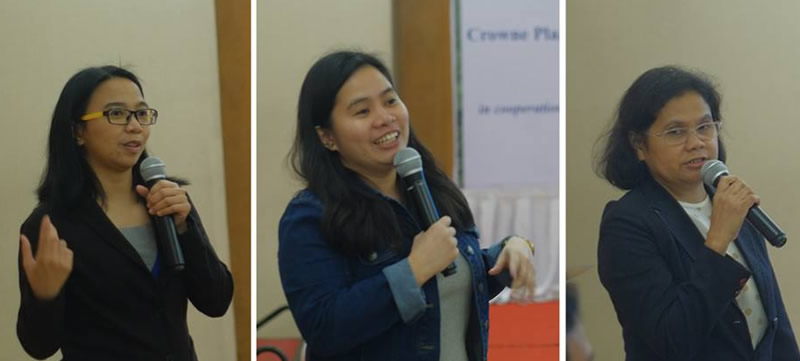
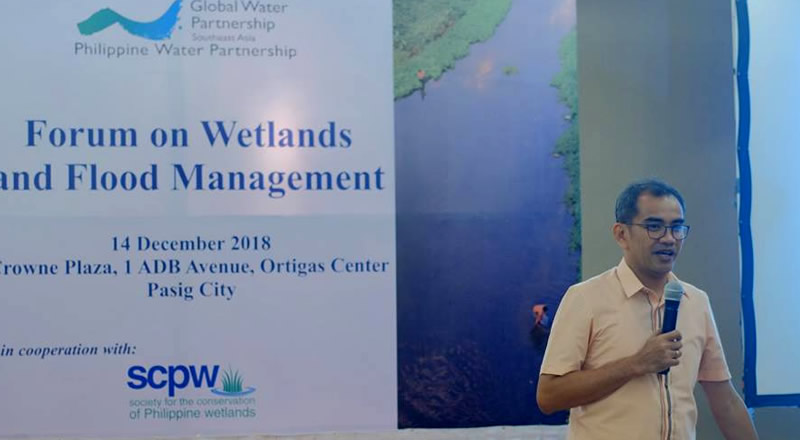
An Open Forum and group workshop followed to come up with a Forum Resolution on wetlands and flood management as input to a national policy on wetlands.
